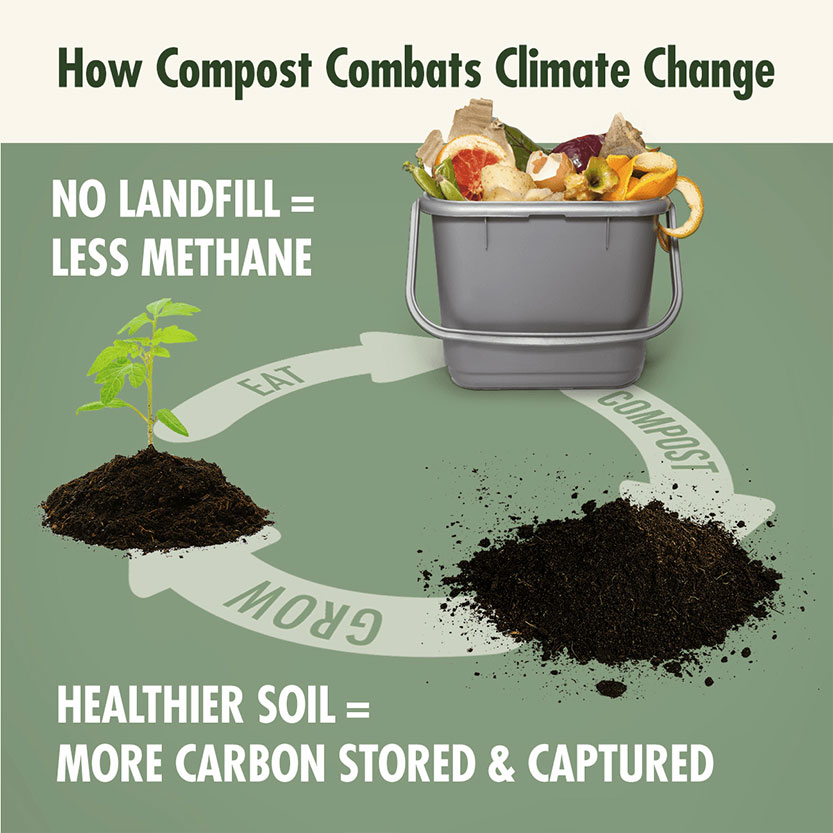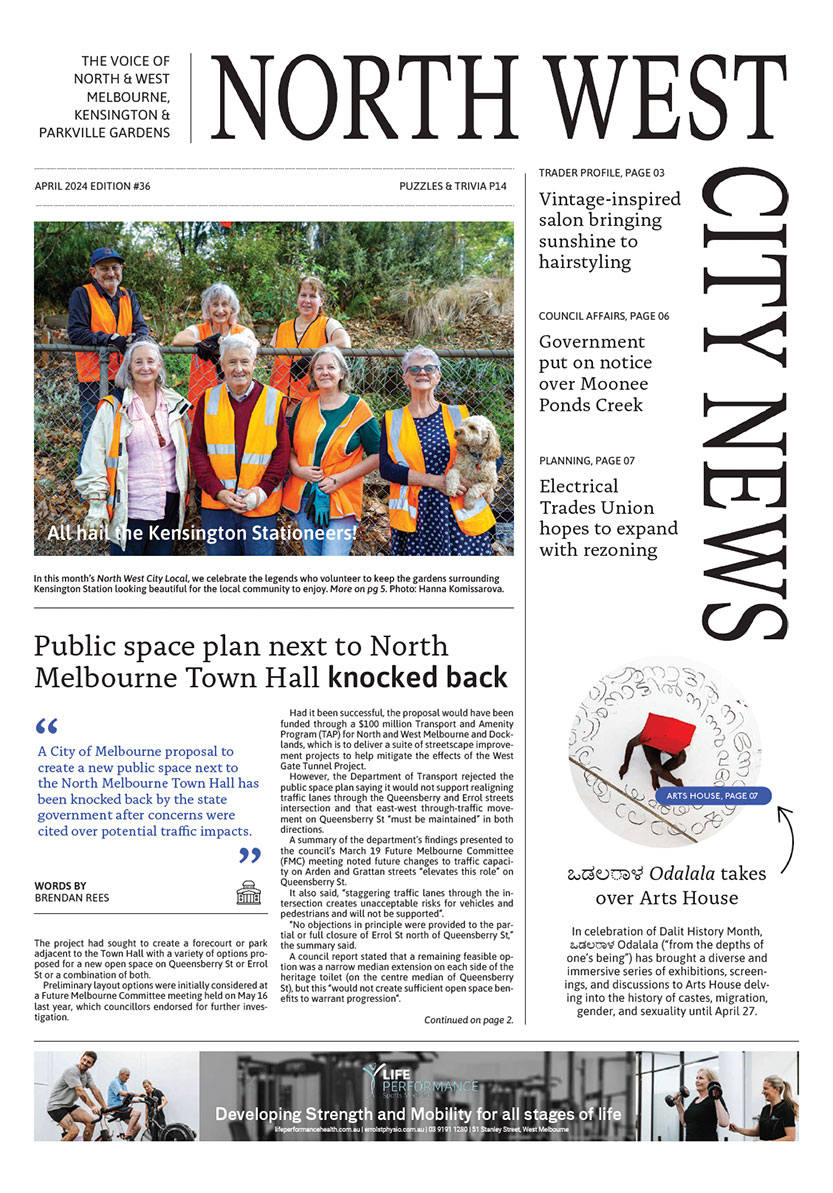Why compost at home?
Composting is one of the most powerful actions an individual can take to reduce food waste, address climate change, and build healthy soil.
Composting at home is an easy way to participate in regenerating urban soil, air, and water. By turning household food scraps and garden cuttings into compost, waste is transformed into compost that adds value, protects the environment and supports resilient communities.
Nature’s way
Composting (the process) uses nature’s way of recycling biological material back into nutrients that is used by nature again, and again. Food turns into compost (the end product) through the work of microorganisms like bacteria, fungi and protozoa. Humans have learnt how to use this process to manage organic waste and create a valuable resource.
While putting organic waste into a compost system is wonderful, it’s half of the benefit. The second important part of this equation is using the composted matter by applying it to soil at home or in community.
Compost’s valuable contribution
The greatest contribution composting and compost makes, apart from managing organic waste and keeping it out of landfill, is the value it has in assisting soil maintain fertility naturally.
Soil fertility is critical for our life on earth – many civilisations have failed by not paying attention to caring for their soil.
Healthy soil meets the range of its functions in the ecosystem it occupies, such as disease protection, nutrient immobilisation, nutrient availability, decomposition of toxins, root health, root depth, water retention, aerobic conditions in soil, and improved soil structure.
Nutrients in soils are constantly used by plants, soil life and for larger cycles of earth’s nutrient exchanges. These need to be replaced for the soil to continue to support life.

Critically, fertile soils sequester carbon
By applying compost to urban soils we add the valuable nutrients for growing food; nitrogen, phosphorous; and potassium. In addition, compost improves soil structure so that it can store nutrients and water better. This is important in an urban environment where the majority of soil is covered reducing soils ability to capture and store rainwater. Compost adds organic matter to the soil, which works to reduce erosion and provides a natural fertiliser.
Why you are important
Composting in city and urban environments is well known, much is written about how to compost in the city with no space or with space and the various techniques there are to do it successfully.Councils have moved to provide services to facilitate managing the organic waste with the introduction of a collection service of organic waste.
If you have one-square-metre of space you can take responsibility for your own organic waste that does not come with the high carbon footprint of transportation and fossil fuel driven remote processing of your organic waste.
Neighbourhood composting bays are an option if you don’t have space at home.
Imagine if everyone who could, composted and applied the compost to soil – hundreds and thousands of carbon farmers. •

Jo Ryan unveils Ordered Chaos at Blender Studios



 Download the Latest Edition
Download the Latest Edition